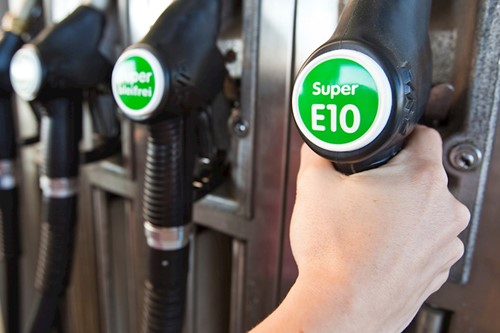The E10 solution: British ethanol study has lessons for the rest of Europe
Introducing E10, a petrol blend containing up to 10% renewable ethanol, would save the equivalent emissions of taking up to 700,000 cars of the road in the U.K., according to new research done for a British cross-party parliamentary group. But unless this green solution isn’t chosen, Britain risks losing its bioethanol industry.
The new interim report, conducted for the U.K.’s All Party Parliamentary Group (APPG) for British Bioethanol, highlights several key findings, including:
- The U.K. economy could soon lose its £1 billion bioethanol industry
- Introducing E10 would save the equivalent emissions of taking up to 700,000 cars off the road
- E10 could assist in addressing the U.K.’s serious air quality problems in short term
- The loss of the British bioethanol industry would make it difficult to attract further investment for the next generation of biofuels; would make the U.K. dependent on less sustainable biofuel from abroad including Used Cooking Oil (UCO) from China; and would require farmers to purchase an increasing volume of animal feed from less sustainable sources
- Achieving the same GHG emission reduction (i.e.700,000 cars off the road) that E10 would bring through electric vehicles would have significant costs
The report's authors recommend that adoption of E10 would be an immediate green solution needed to address increasing petrol usage in the U.K., and called for the British government to host an emergency summit on E10.
But the report also has greater lessons for the rest of the EU, where many countries could benefit by introducing or upscaling E10 petrol blend as an immediate transport decarbonisation solution. Research shows that cars with internal combustion engines will continue to be prevalent on EU roads for decades to come, and ethanol offers an effective way to reduce their greenhouse-gas emissions.
Renewable European ethanol delivers more than 71% greenhouse-gas savings on average compared to fossil fuels and works in today’s cars and infrastructure. In countries that are having trouble meeting their GHG-reduction targets, it would have a real impact.
For more information about the APPG study, click here.
